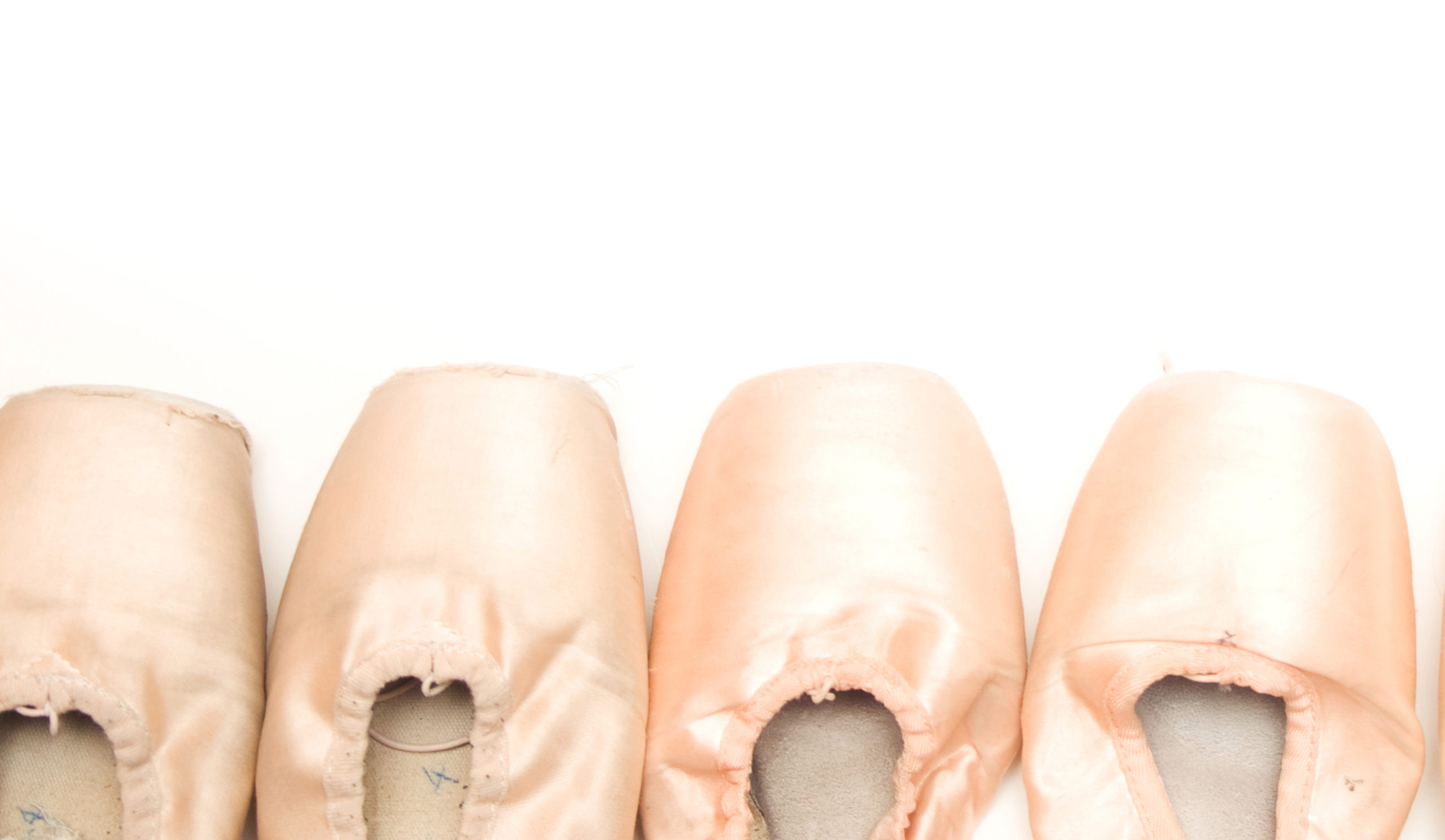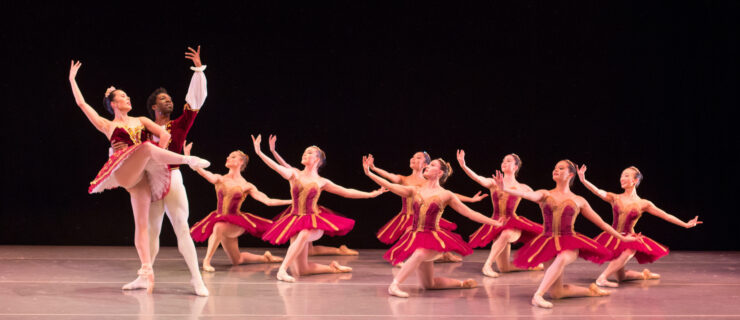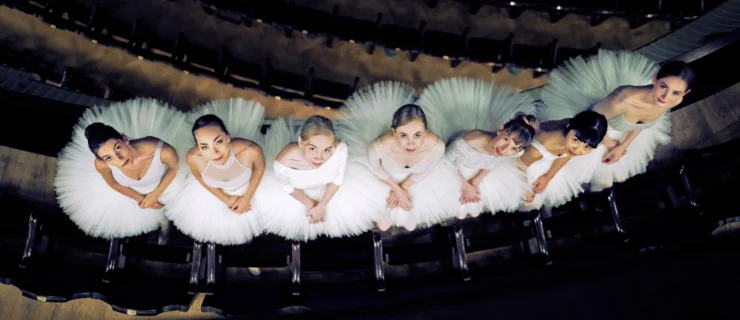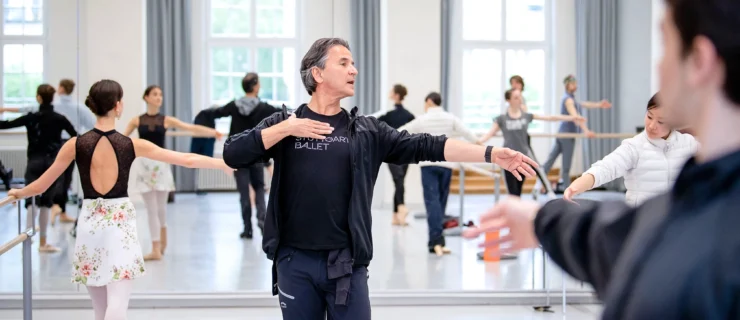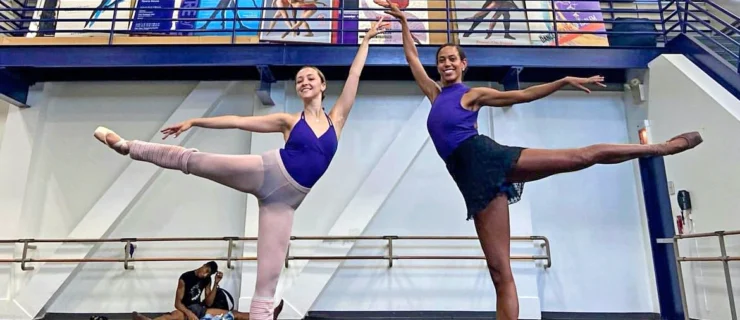Up Close with USA IBC Silver Medalist Tamako Miyazaki
The Washington Ballet has a lot to be proud of these days. A little over a week ago, company member Tamako Miyazaki won the silver medal at the USA International Ballet Competition in Jackson, Mississippi. She and her partner, TWB Studio Company member Ariel Breitman, charmed and dazzled audiences with their rendition of Diana and Actéon during the final round. Secure and confident, Miyazaki nailed her variation with a smile, at one point holding a deliciously long arabesque. We caught up with her afterwards for insight—and common misconceptions—about ballet competitions.
Why did you want compete at USA IBC?
When I was in Japan, my teacher wanted me to go, but I didn’t think I was ready. Then four years ago, I tried it but was eliminated after the first round. Since I’m now 25, and you can only compete at Jackson until you’re 26, this year was the last time I could do it. I wanted to try again and get to the final round. Somehow I got the silver medal!
You’ve done a lot of competitions. Is competing easier now that you’re a professional and have more experience?
I think it’s more difficult. When you’re a student, there’s always someone pushing you—you always have a teacher. When you’re a professional, you have to know what you need to do. Luckily, Kee Juan Han at The Washington School of Ballet helped us when we here in D.C., and then afterwards we went to New York and trained with Edward Ellison.
How long did you prepare for the competition?
We had one month of rehearsal time, starting right after TWB’s season ended. The Studio Company’s season finished later, in the middle of May. Since my partner was still rehearsing all day, he was already tired, so we could only work for one or two hours a day. It was hard to find a studio space, too. Because we didn’t have much time, we had to use it productively. But if you really concentrate, even for just an hour, you get a lot out of it. Sometimes if you have too much rehearsal time, your body gets tired and you lose your concentration.
This year, the competition changed the rules so that each competitor had to dance a set piece of contemporary choreography. You learned a pas de deux by Matthew Neenan. What was that like?
We learned the piece from the video, so we didn’t have much information and weren’t sure what it was about. But once we rehearsed with Matthew in Jackson, he explained things. Each couple only had 20 minutes with him—we ran through the piece once, he gave us corrections, and then we ran it again. He only gave us five corrections, but those five little things helped us a lot. Learning from a video and learning from a choreographer is completely different—he know what he wants, he knows what the piece should be.
How do you stay calm before you go onstage?
I don’t have a special routine. But I don’t watch the other competitors, because I don’t want to lose my confidence.
What’s a common misconception about ballet competitions?
Of course it’s stressful—you feel hurt if you get cut, even when you perform well. But for me, the process is really important. Doing a competition makes you work harder, because someone is judging you. For example, if you don’t like pirouettes, and you have pirouettes in your variation, you have to work on it. Then when you get it, you can use that pirouette towards anything. You become a stronger dancer. The process is really more important than the result.
You also make a lot of friends. That’s one reason I wanted to come back, because four years ago I made lots of friends, and now they’re dancing all over the world in different companies.
How did it feel to win the silver medal? What does it mean for you?
I was really surprised, but I didn’t feel like it was a big deal because my goal was to make the finals. Once I got there, I wasn’t even thinking about medals—I just enjoyed being onstage. Like I said before, process is the most important thing. Then after I won silver, so many TV stations and newspaper people kept calling me—my phone wouldn’t stop ringing. I finally realized I won something really big!
